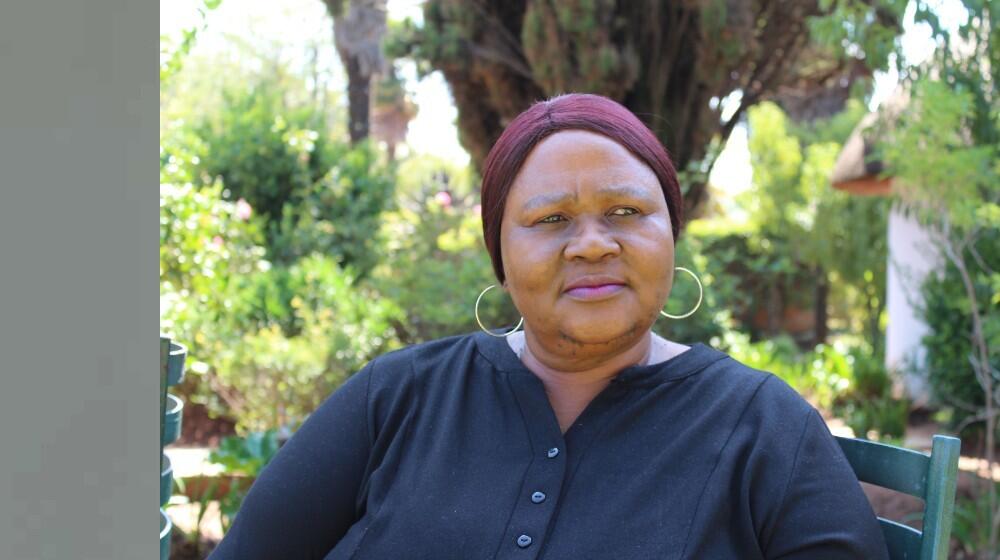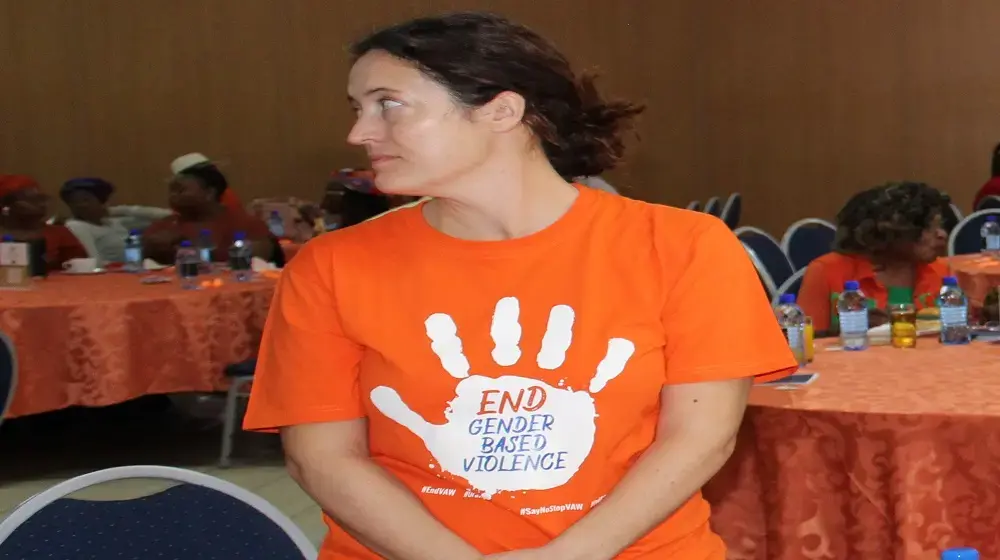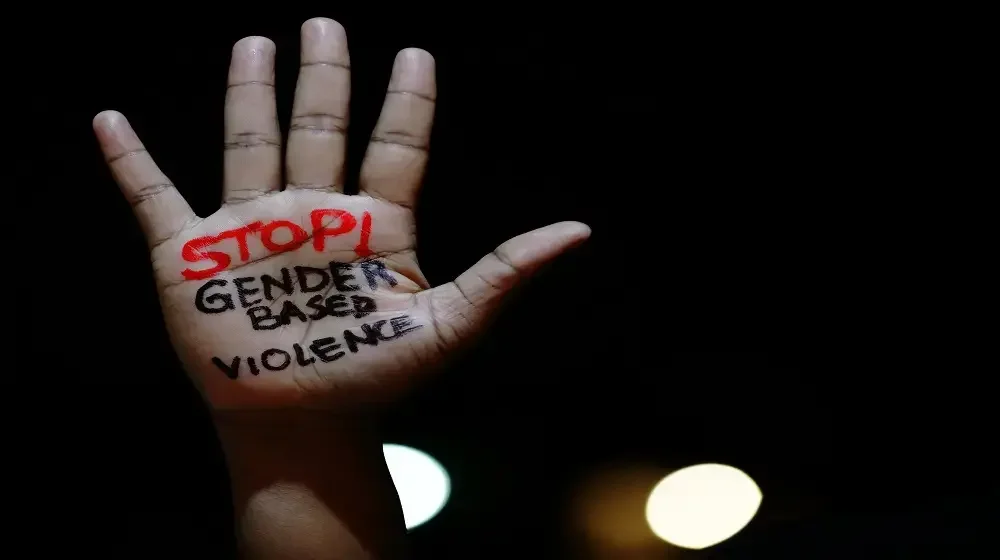In an ideal situation, Community Health Workers in Lesotho would be well vested on making response plans for disasters so that they know what to do and also act immediately during emergencies.
This, according to Community Health Manager Ms Likeleli Nkhapetla would augment preparedness and response during emergencies.
“Community Health Workers and other community structures need to be capacitated on making response plans for emergencies so that they act immediately during emergencies and not wait for support from the national level,” she said after participating in the Minimal Initial Service Package(MISP) for Reproductive Health in Humanitarian Settings training held in Leribe district recently.
The training was aimed at strengthening the preparedness of all humanitarian stakeholders in the provision of quality maternal, child, adolescent and youth reproductive health services at humanitarian and fragile settings, thereby contributing to the prevention of mortality and morbidity related to Sexual Reproductive Health (SRH), HIV and Gender Based Violence (GBV).
Emphasising the need for incorporation of SRH issues in preparedness and response plans, Ms Nkhapetla said when community structures know exactly what to do during emergencies, the high maternal mortality which is high at 618/100 000 live births (Census 2016) would be reduced as well as the high incidences of GBV.
Her view is that community structures should also be sensitized on emergency preparedness and the training should be scaled down to their level as they would be on the ground to attend to vulnerable people such as women, children, pregnant women and women giving birth during emergencies.
One of the participants who is a Nurse at the Shelter for Survivors of Gender Based Violence Ms ‘Matlali Lesenyeho said the MISP training helped her understand and appreciate the link between SRH and GBV. “At the shelter we keep women and children who are victims of GBV. They only leave the centre when they go to see a doctor or go to court. I have realised during the training that we should treat them as ordinary people who also have needs therefore we should for example enable them access to condoms because they still have needs,” she added.
She said most of those who end up at the shelter are adolescents that are pregnant and are victims of sexual assault perpetrated mostly by their relatives including their own fathers and grandfathers.
Another participant who is the Senior Economic Planner at Disaster Management Authority (DMA) Mr Thabo Pitso said after the training, they were going to improve DMA assessment tools to incorporate issues of SRH. “There are some questions that we are going to include for example whether the affected household has a pregnant woman or young girls and we are going to ensure that the basket that we provide for mitigation include some of the commodities that will respond to the MISP needs,” he added.
Explaining why the training was held, UNFPA’s National Programme Officer for Gender Ms Matseliso Mokone said findings of the MISP readiness assessment of 2022 indicated that one of the reasons why the country was not able to fully integrate issues of SRH into the emergency response was the lack of understanding capacity of humanitarian actors; DMA, Ministry of Gender and Ministry of Health.
The training was technically and financially supported by UNFPA and participants were drawn from Government Ministries and Civil Society Organizations that actively participate in humanitarian response, including: the Disaster Management Authority personnel, the Ministry of Gender and GBV actors, the SRH team of the Ministry of Health.





